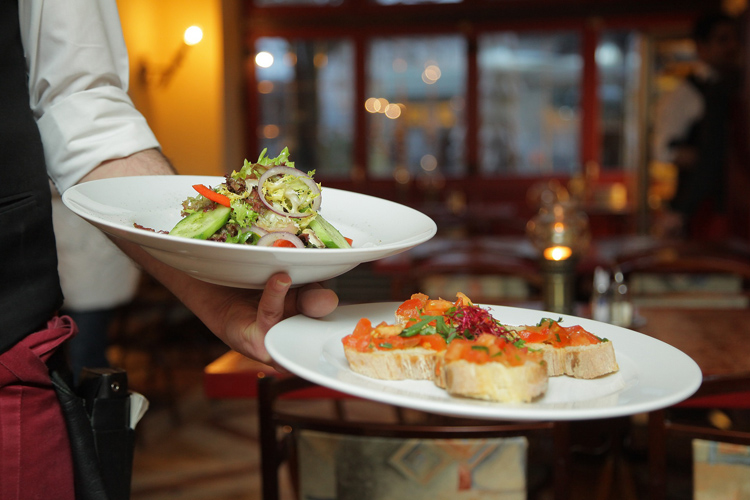With the ease of business and cost effectiveness that comes with advanced technology and business methodologies, more people are taking interest in setting up their own entrepreneurial ventures than going for a permanent job. Moreover, older citizens who are near their retirement ages and young college grads are also taking active interests in taking up entrepreneurship rather than seeking employment.
One of the most sought after industries for entrepreneurial ventures is the food, restaurant, and eatery business. With increased tourism and consumerism, ore people are dining out these days and the barriers to entry are very relaxed for entering into this industry. Here are a few tips on how to set up your food business easily.
Nature of Business
The first step is to design what type of eatery do you wish to set up. Are you planning to establish a small café or a sine fine restaurant? Will it be a small scale business or are you planning to expand it further by selling franchises (Think Mc Donald’s). The type of business that you intend to set up will determine the level of investments and the type of business strategy that you will need.
Menu
It is important that you decide your menu beforehand so that you know what ingredients will you need to source, and what kind of culinary expertise would you want your chefs to have. If you intend to have a vast menu, shortlist a few items that you will be launching in the start, rather than opening with a full menu. Starting small not only makes management much easier while your restaurant is in the teething phase, but it also allows you some tie to get the hang of the industry.
License and Permits
Every state has a set of regulations in place for acquiring relevant licenses and permits before you start your business. You would notwant to end up in a legal mess if you start an unregistered or unlicensed business. Moreover registering your brand name is extremely important to make sure no one else steals or uses your business identity and you have a claim on the business name if it is used by someone else in the future.
Acquiring Funds
Determine your required capital and working capital estimates and arrange for the funds accordingly. It is recommended that you look for cheaper sources of finance with good liquidity such as personal savings, loans from family or including a partner. Partnerships are also great for risk sharing and minimizing your liability.
Equipment
One of the most capital intensive areas of investment in food-business is your kitchen equipment and supplies. You will need commercial kitchen equipment in order to ensure that you can cater to a larger number of orders at a time and your food is prepared in a professional manner. Purchasing your own kitchen equipment can be really expensive in the initial phase. You can reduce the financial pressure on your business finances by going for equipment rentals or leasing facilities. Rentals allow you to get rid of unnecessary equipment or replace them with something better whenever you need.




